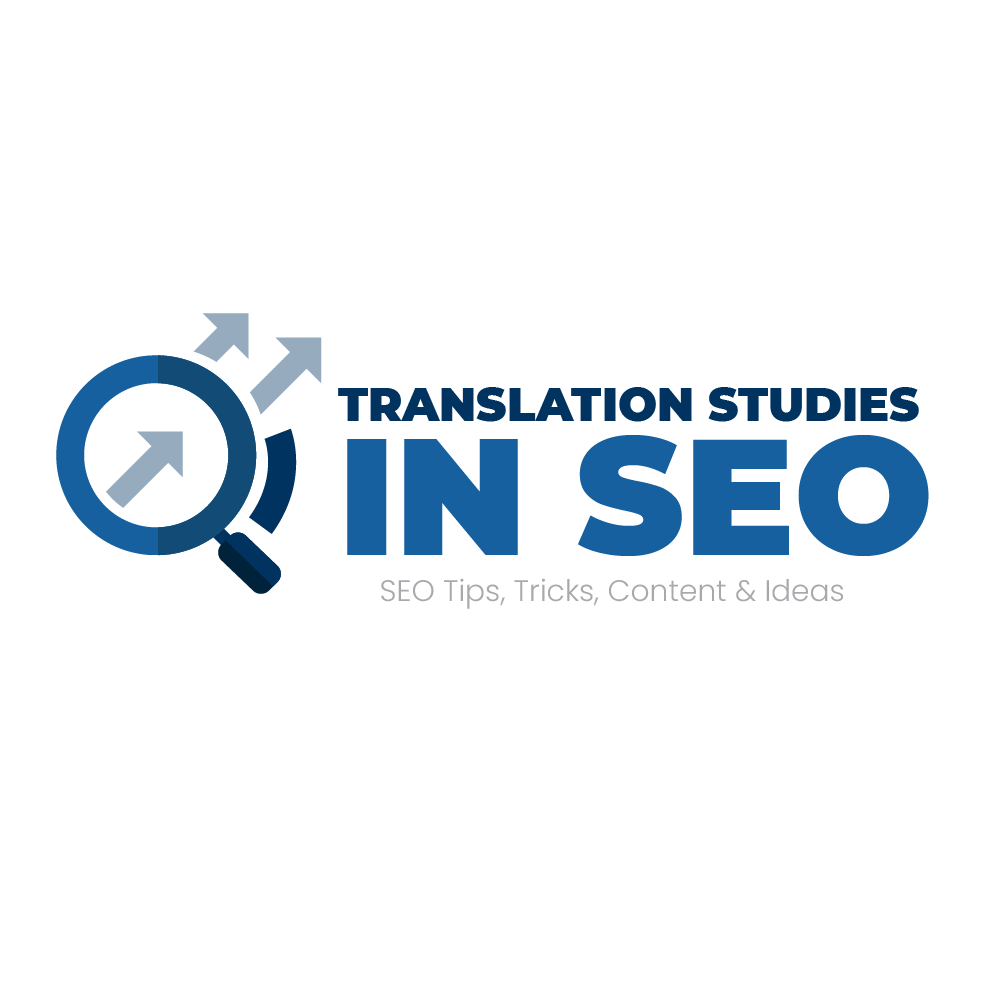Search engines are answer machines: they comb through and organize the internet’s content in order to provide results to any query a user submits.
This process includes crawling web pages for keywords, using an iterative algorithm to infer meaning from them, and displaying search results with schema markup.
Keywords
Keywords are search terms people enter to locate your content online. Keywords are at the core of SEO, driving targeted visitors directly to your website. Choosing relevant keywords that reflect both your audience and products can increase conversion rates substantially.
Keyword research can provide invaluable insight into how customers describe your product or service, what questions they have about it, and the most commonly used terms or phrases related to it. Once this knowledge has been gained, content optimization for those terms or phrases should become your top priority – including title tags, meta descriptions, URLs and any other aspect of your site where relevant.
Long tail keywords have lower search volumes than their broad, head terms counterparts, but are more targeted and specific towards various stages of customer journey. For instance, someone searching “football tips” would likely have different intentions than searching “fifa world cup.” Anticipating these differences and employing both head terms and long-tail ones together to maximize results.
Content
Content is one of the primary determinants in SEO, and its significance continues to evolve over time. A content strategy must incorporate keywords that match search queries used by potential customers before crafting quality material that addresses those queries.
When users search online, search engines use bots to crawl all website pages and download them into an index, similar to a library. From here, an algorithm determines in what order pages should appear on SERPs (Search Engine Results Page).
Goal of this algorithm: finding the optimal results for any query submitted to it. This can be accomplished by matching keyword terms, analyzing context and settings of a search, or even taking into account where someone making the query lives (in order to return most relevant results). Furthermore, high-quality content shared on social media helps significantly. In 2022 Google released an update called “Helpful Content,” giving content creators that met this criteria priority in featured snippets listings.
Links
Every second, search engines process millions of search queries relating to everything from Billy Joel song lyrics and relationship advice, to ordering takeout Chinese meals quickly on-the-go.
Search engine bots–more commonly known as “Googlebots”–use search engine bots (or spiders) to crawl the content on the internet in order to identify pages relevant to a query and add them into a search engine’s index, like an expansive library filled with web content.
As important as quantity is for any website, quality over quantity should always take precedence when it comes to links. Google will penalize sites who try to manipulate its system by buying low-quality backlinks or spamming their pages with keywords, and has tools available that allow you to remove hazardous links from your site (though use with caution). When it comes to linking your pages it’s all about quality rather than quantity!
Time
Search engines are incredible complex machines that constantly adapt to meet user demand. People rely on search engines for everything from Billy Joel song lyrics and relationship advice, to driving directions to their nearest Chinese takeout restaurant.
SEO involves many components, from research to content production and link building – each taking time and expertise. When properly executed, these activities can yield significant returns by increasing website visibility and driving qualified traffic to it.
Search engines use various factors to determine which pages are the most pertinent and worthy of being listed in search results, from content on your page to overall authority, trustworthiness and expertise. Their primary goal is to present users with accurate, trustworthy and relevant information suited for satisfying their searchers’ needs; ranking is their means for doing this.
